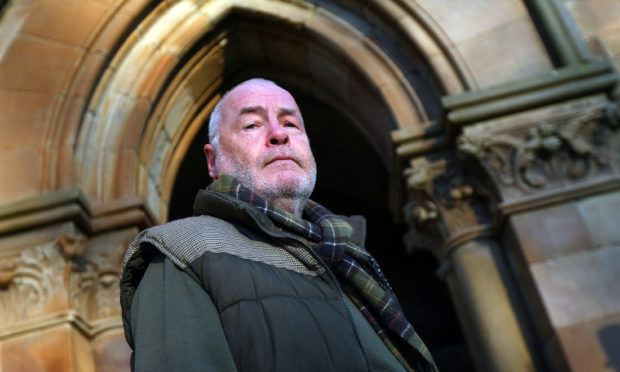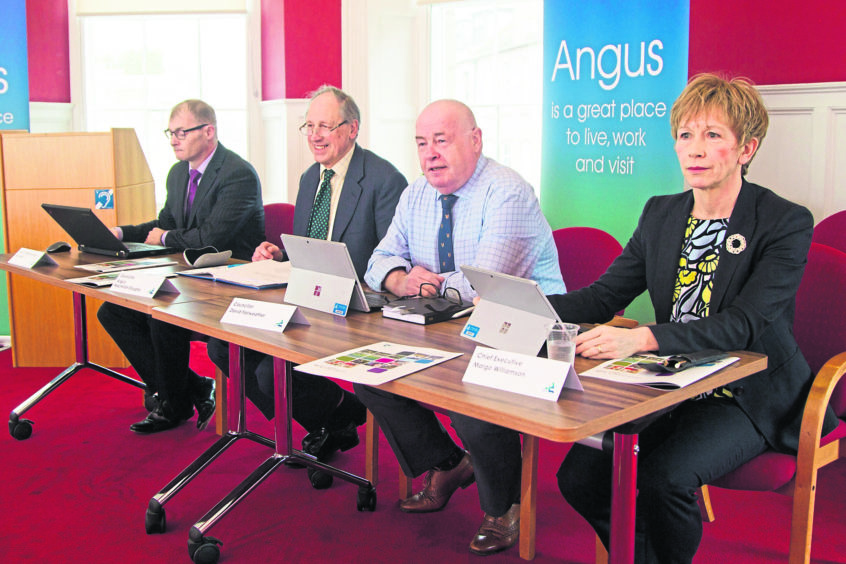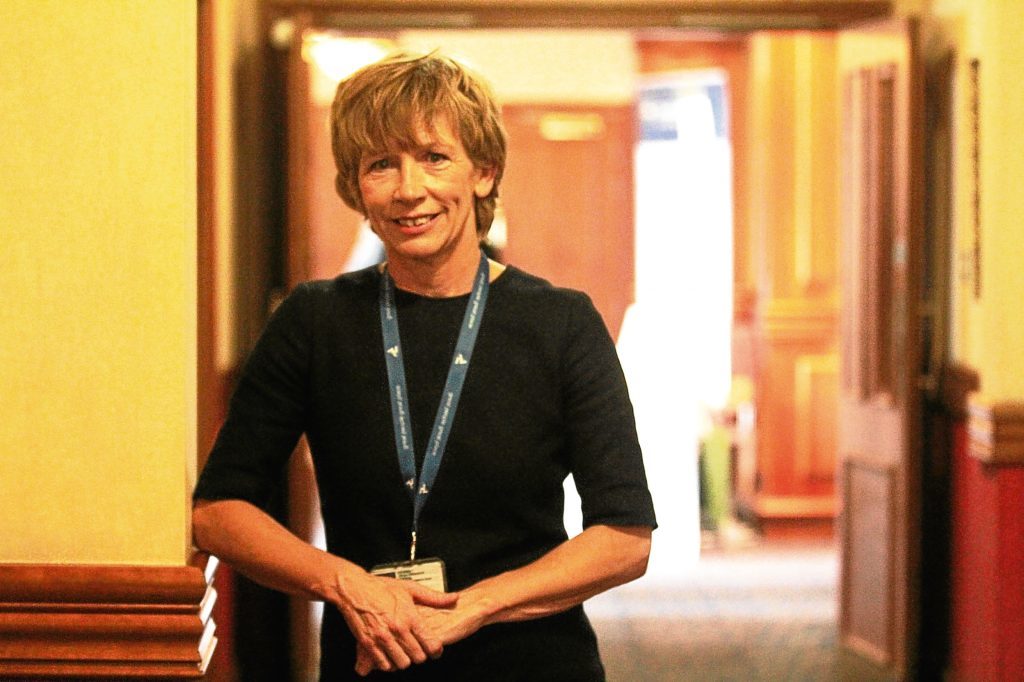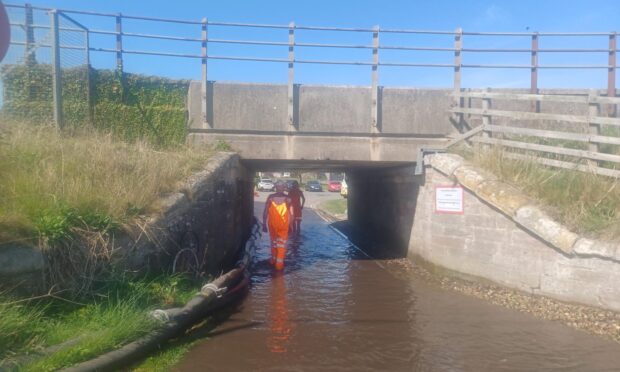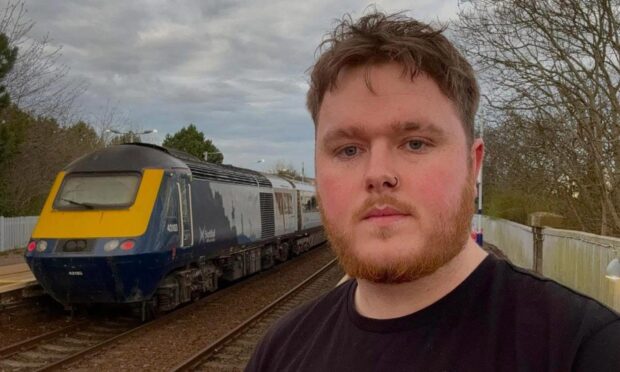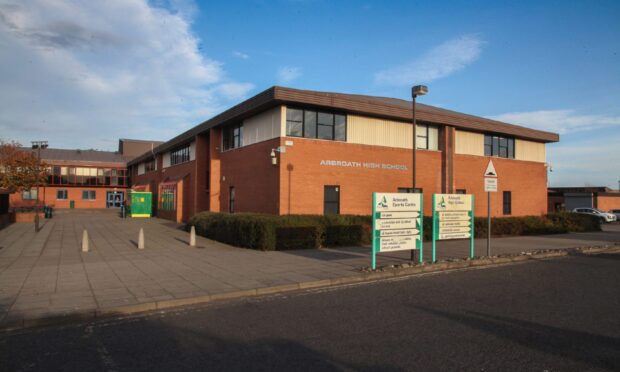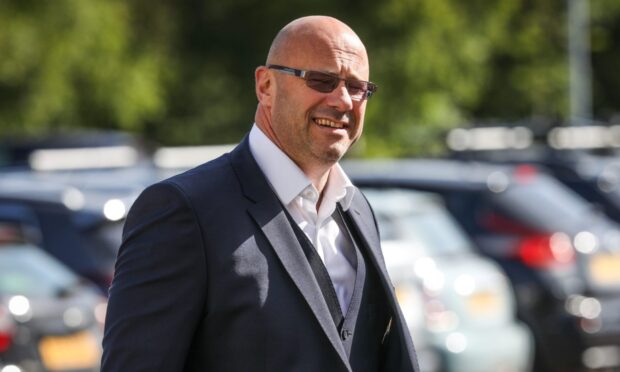Angus Council leader David Fairweather says a “forward thinking budget” will be brought to the table this week.
In addition to savings, he said the local authority intended to use the £250 million package to make “real change to people’s lives” over the next three years.
Mr Fairweather highlighted a proposed £649,500 investment for vulnerable families in the Glenisla Project, saying it would “reduce demand for expensive and complex child protection”.
“As the council fulfils its responsibilities in this area, it is costing more money every year,” he said.
“These costs are never matched by the Scottish Government, so from a financial and human point of view we have to intervene in relatively few but a growing number of cases early, in order to manage demand and costs.”
The council also proposes to spend £750,000 to maintain and improve roads over the next two years.
Other spending could include £50,000 on artificial intelligence to provide round-the-clock advice to customers on how to complete transactions online.
Another £100,000 could be spent over two years in increasing the number of modern foundation and graduate apprenticeships in Angus.
There are also plans to invest £180,000 over two years employing two professionals to ensure Angus gets “full value” from the Tay Cities Deal which aims to bring 15,000 jobs and £1.8bn into the region.
Mr Fairweather said: “I believe the administration has put forward a budget that isn’t looking back – it is actually looking forward and that is the way to go.
“It would have been a much more difficult budget had we not worked over the past two years to ensure the council improves its own efficiency.
“We are now putting the preparation in place again in this budget for the future so it will be a leaner and more efficient council.
“Our money is down again and it is tough and hard decisions have to be made which is why I believe this budget is the correct one for taking us forward.”
Angus Council chief executive Margo Williamson said councils were in a challenging climate with reducing resources and increasing expectations.
“Our need to work with others is stronger than ever, not just because of our reduced circumstances, but because research has told us this is the best way to make progress,” she said.
